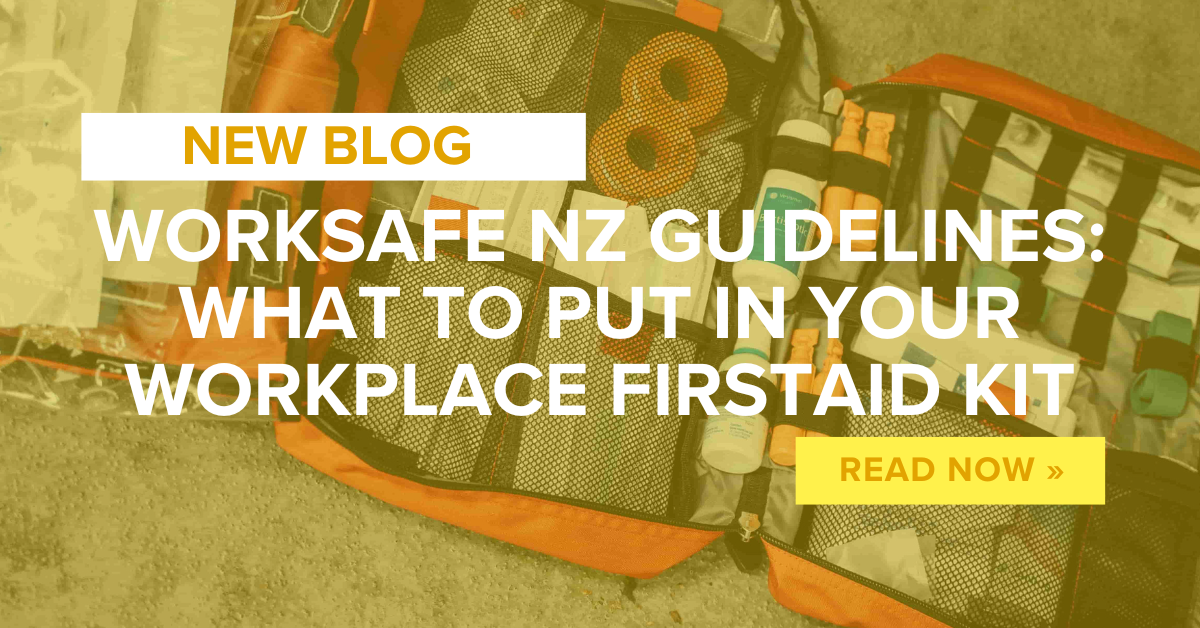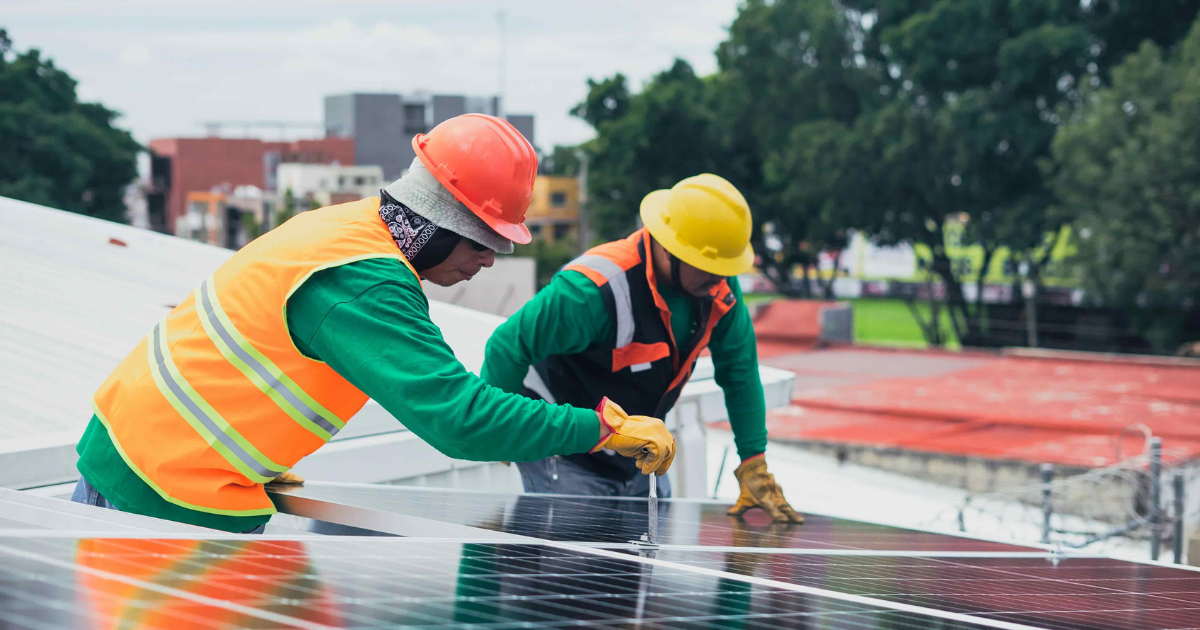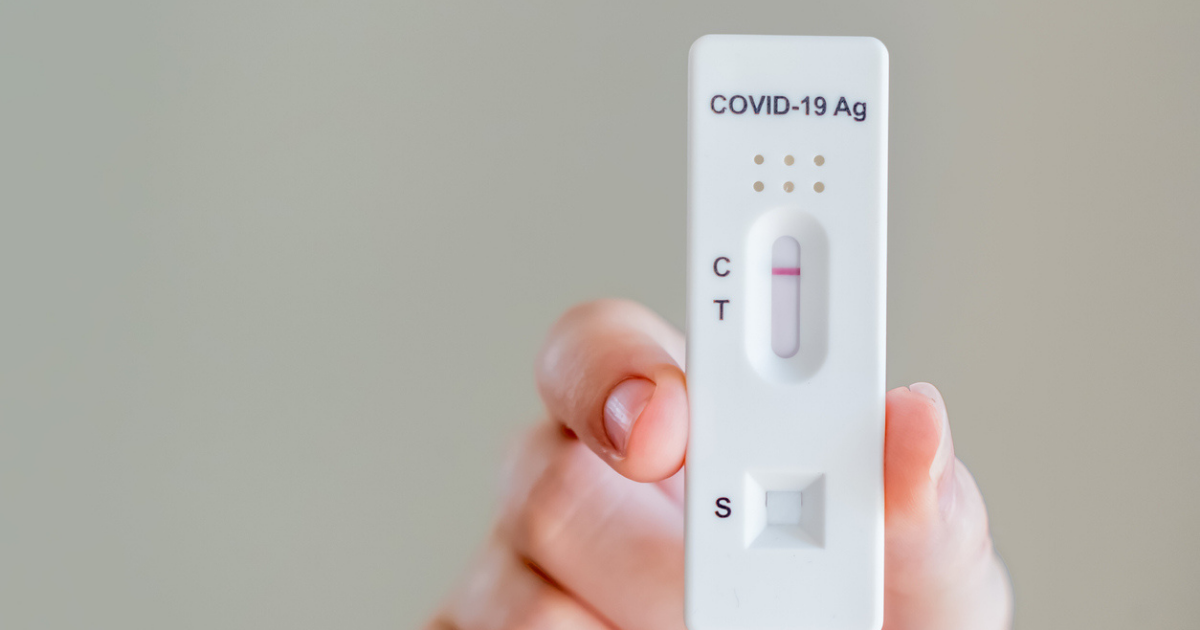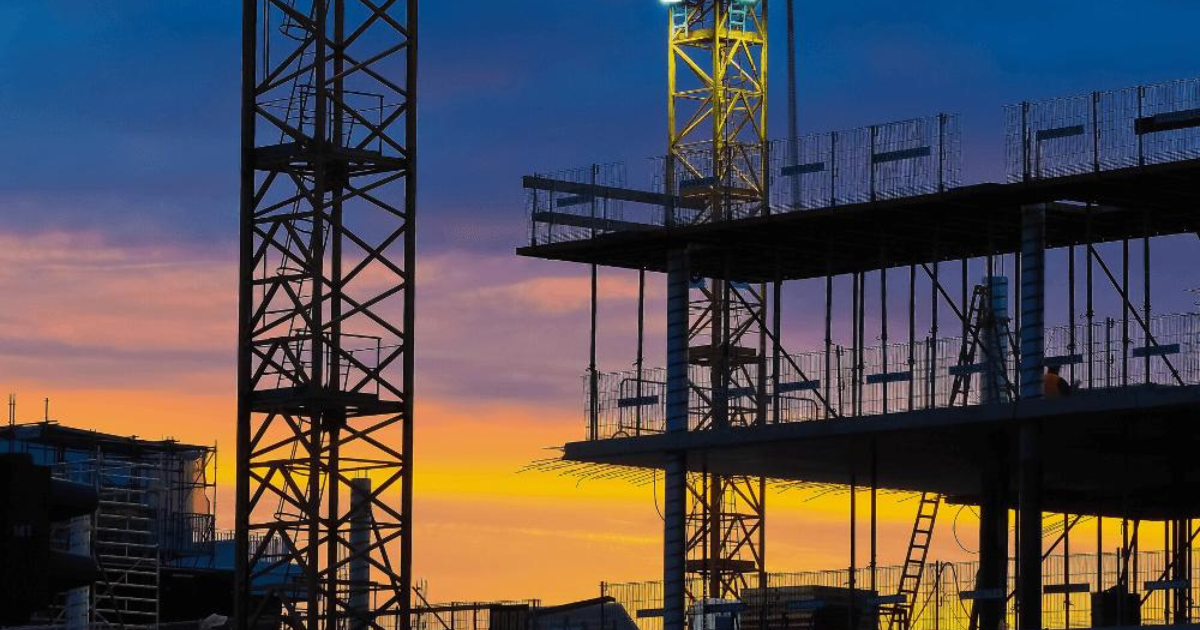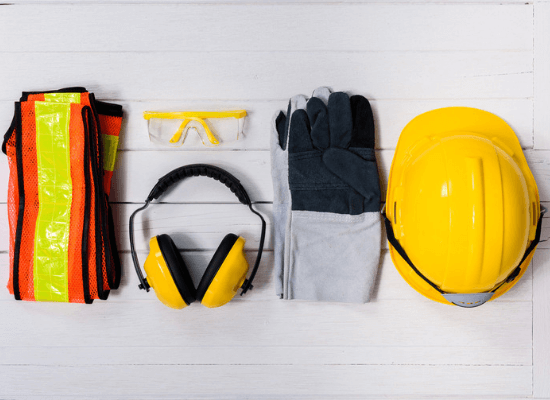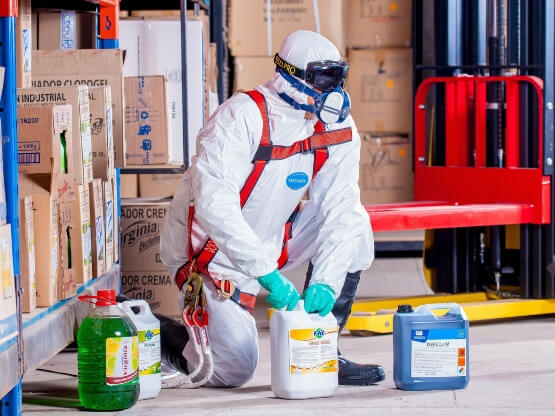New Zealand's economy is deeply rooted in agriculture, with the meat industry playing a pivotal role in sustaining livelihoods, driving exports, and bolstering the nation’s global reputation. Our farmers are among the most efficient in the world, producing sustainable food to feed 40 million people annually. .This blog explores how abattoirs and meat processing facilities can achieve cost savings...
Worksafe NZ guidelines: what to put in your workplace first aid kit
In this article, we outline the items a person conducting a business or undertaking (PCBU) needs to include in the workplace first aid kit. We focus on the necessities for standard, workplace, and vehicle first aid kits and make recommendations for additional items that may be useful.
PPE Essentials: A beginners guide for workplace safety
Investing in workplace safety is not only good practice – it’s a standard requirement. In New Zealand, businesses are legally responsible for providing effective protection for their workers, according to the Worksafe guidelines. In this article, we outline the importance of championing health and safety in the workplace and how to ensure your employees are well-protected from risk. We also share...
How rapid antigen tests (RATs) can benefit businesses
With the ever-evolving nature of COVID-19, new strains of the virus have meant that we’ve had to adapt. The shift to the COVID-19 protection framework here in New Zealand and the subsequent rise of the Omicron variant has meant that we now no longer solely rely on PCR testing for the detection of COVID-19. Rapid antigen tests (RATs) have been gaining popularity as they’re easily accessible and...
Tips for working safely on site during winter
For people that work on construction sites, there are various hazards to face on any given day. From work-related hazards to weather-related hazards, it’s important to make sure that you and your team are prepared for anything.Winter conditions pose a new set of challenges for workers, especially those operating outdoors. Eliminating the risk of falls, slips or illness can be helped by taking...
Personal protective equipment (PPE)
Personal protective equipment (PPE) is used to provide protection for workers and to reduce any exposure to hazards.
If you’re an employer it’s vital that you provide your staff with appropriate PPE for the job at hand. The New Zealand Health and Safety at Work Regulations 2016 state that a Person Conducting a Business or Undertaking (PCBU) must provide:
Improving spill response & workshop safety
If you handle chemicals in your business, no matter how carefully things are planned, unfortunately spills can happen. If you do find yourself in this potentially dangerous situation, it’s important that you’re prepared to handle it immediately and minimise any damage – and with the right knowledge, procedures and equipment you can.
Essential hygiene protection for food preparation
If you're in the business of food preparation, you'll know how important it is that correct health and safety practices are followed. A big part of this comes down to wearing the right protective gear like gloves and caps, to make sure food isn't contaminated.
New Zealand Food Safety legal requirements are industry-specific and outlined on the MPI website.

.jpg)
